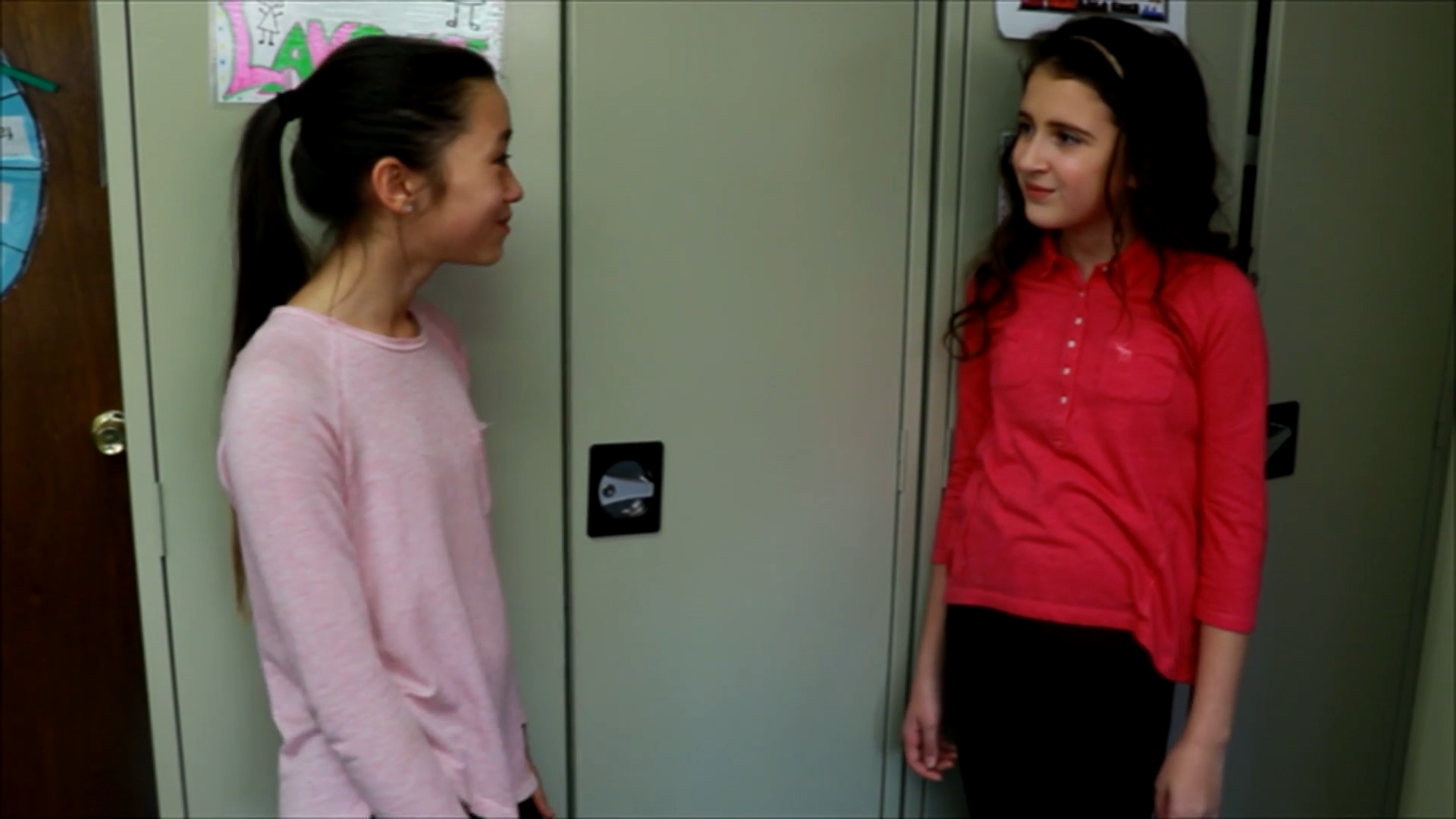Introduction
Personal space is an essential social-emotional skill that we all utilize in our everyday interactions. It’s the invisible bubble that surrounds our bodies, helping us feel comfortable and respected when communicating with others. For students, especially those in special education, understanding and practicing personal space is crucial for developing healthy social relationships. In this blog post, we will explore an easy-to-implement activity, discussion questions, and related skills to help educators teach students about personal space and its importance in various social contexts.
No-Prep Activity: The Space Bubble Game
This simple activity requires no preparation or materials and can be easily incorporated into the classroom setting. The Space Bubble Game helps students understand the concept of personal space and practice maintaining appropriate distances with others.
- Ask students to stand up and spread out in the classroom, ensuring that they have enough room to move around.
- Explain that everyone has an invisible space bubble around them, which helps them feel comfortable and respected when interacting with others.
- Instruct students to imagine that they are inside their space bubble and ask them to walk slowly around the room, making sure not to bump into anyone else’s bubble.
- As they walk, encourage students to pay attention to the distance they maintain from others and how it feels when they respect each other’s personal space.
After the activity, discuss the importance of personal space and how it can vary depending on the relationship with the person (e.g., stranger, acquaintance, friend, or family member).
Discussion Questions
Use these questions to stimulate further discussions about personal space and its significance in social interactions:
- Why is personal space important in our daily interactions with others?
- How can we use the Relationship Ruler to determine the appropriate amount of personal space for different types of relationships?
- What are some body language cues that might indicate someone needs more personal space?
- How can understanding personal space help us build better relationships with our peers and others around us?
- Can you think of any situations when someone’s personal space might be different than usual? How can we adapt to these situations?
Related Skills
Understanding and practicing personal space is just one aspect of developing strong social-emotional skills. Here are some other related skills that can help students build healthy relationships and navigate social situations effectively:
- Active listening: Paying attention to what others are saying and responding appropriately.
- Empathy: Understanding and sharing the feelings of others.
- Respecting boundaries: Recognizing and respecting the limits that others set for themselves and their interactions.
- Nonverbal communication: Being aware of and interpreting facial expressions, gestures, and body language.
- Conflict resolution: Addressing disagreements or misunderstandings in a respectful and constructive manner.
Next Steps
Teaching students about personal space and other essential social-emotional skills can greatly contribute to their success in and out of the classroom. To further support your students’ development in these areas, we encourage you to explore the free sample materials available at Everyday Speech. These resources can help you create engaging and effective lessons tailored to the unique needs of your special education students.






